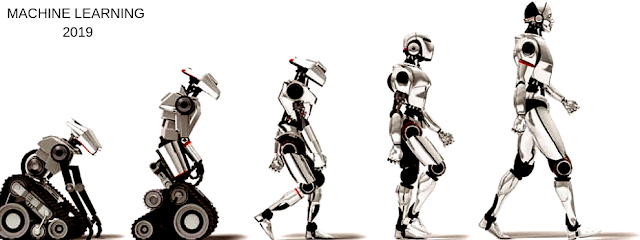Intelligent Social Robots Must Have a "Hypothesis of Mind"
Recognizing
other minds is essential for intelligent social interaction.
So as to fabricate AI
with human-like knowledge—AIs who can collaborate socially, who can work with
us to accomplish objectives, we should initially make one essential element
primarily missing from their present plan. This component is the thing that
psychological researchers call a "hypothesis
of a brain."
The hypothesis of mind
alludes to the capacity to characteristic mental
states, for example, convictions, wants, objectives, and expectations to
other people, and to comprehend that these states are unique in relation to
one's own. The computers furnished with a hypothesis of a brain would remember you
as a cognizant specialist with your very own psychological universe, as opposed
to something absolutely unthinking and lifeless.
A hypothesis of mind
influences it conceivable to comprehend feelings, to surmise aims, and foresee
conduct. The capacity to distinguish others' brains is basic to human
discernment and social connection; it enables us to construct and look after
connections convey successfully and work agreeably to accomplish shared
objectives. Actually, look into has demonstrated that having a modern
hypothesis of psyche might be a substantial piece of why people have
psychological abilities that appear to be interminably more dominant than those
of our hereditarily comparative primate relatives. This capacity is important
to the point that when it is upset, as we find now and again of chemical
imbalance, fundamental mental capacities like language learning and creative
ability become disabled.
Perceiving different
personalities come easily for people, yet it is no simple assignment for a PC.
We frequently overlook that minds are not straightforwardly discernible and
are, equitably, undetectable. “In the event that you could explode the cerebrum
to the measure of a plant and stroll about inside, you would not discover
cognizance." It is a to some degree impossible to miss the reality of
nature that awareness—in spite of the clearness and clarity of our
first-individual tangible experience—is an immaterial reflection whose whole
presence must be construed.
While these fundamental
meaningful gestures and others, for example, pointing signals and head gestures
are basic to the establishment of a hypothesis of the brain, similarly critical
is the capacity to perceive essential enthusiastic articulations. Not
exclusively are such articulations direct markers of another's an enthusiastic
state, yet when they are joined with look data, the outcome can be very
uncovering. It is possible that a perceptive robot could make a psychological
model of a human after some time—including data about their wants, aversions,
and fears—in the event that it consistently inventories the feelings being
communicated when somebody's look is aimed at specific items, scenes, or other
individuals.
Society
could benefit greatly from this technology





Comments
Post a Comment